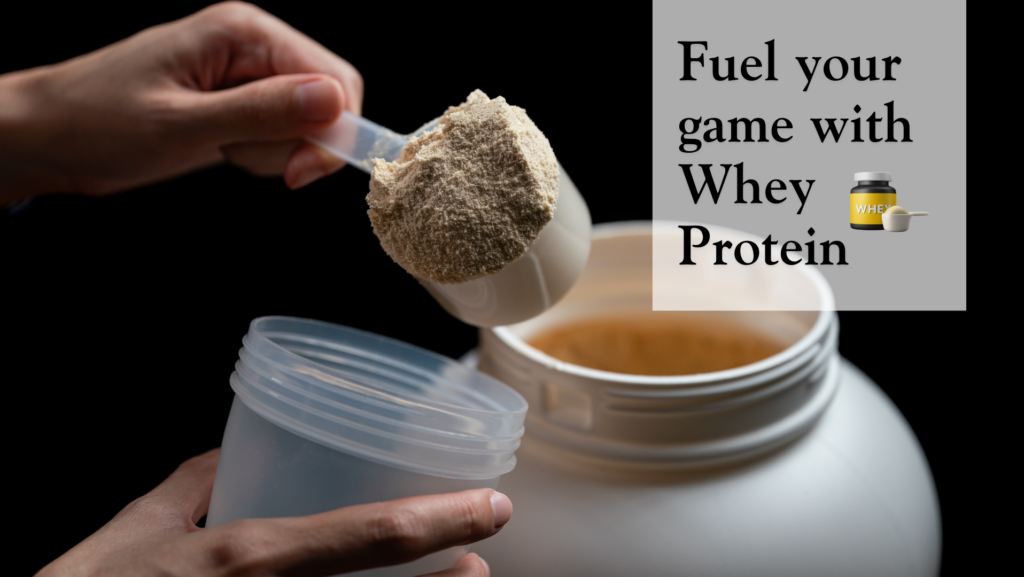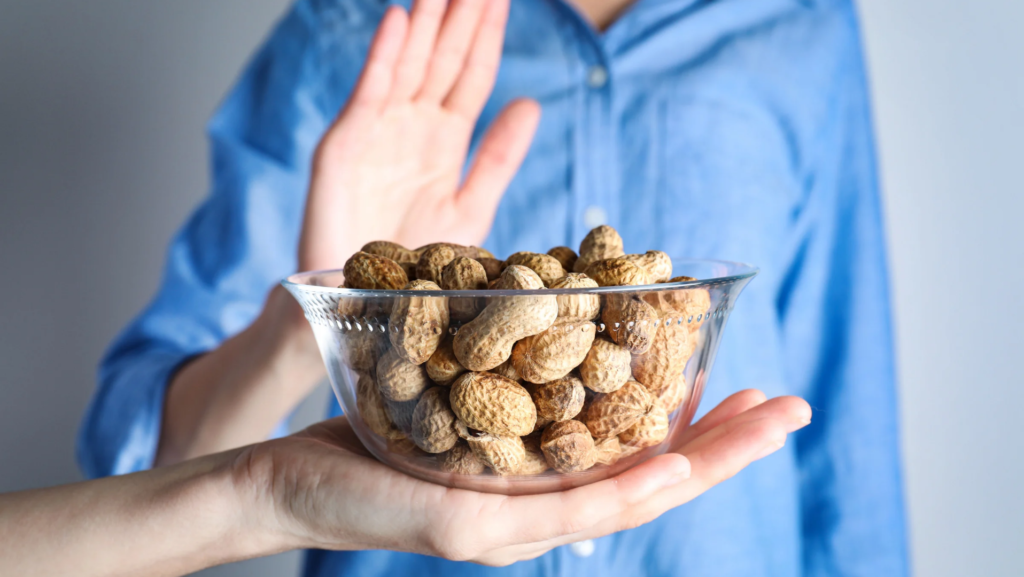
By Nutriworld | Dt. Dipanwita Saha
Chickenpox is a highly contagious viral infection caused by the varicella-zoster virus (VZV).It is common among children but can also affect adults. The condition is characterized by an itchy rash, fever, fatigue, and body aches. While medical treatment and rest are essential, diet plays a crucial role in recovery by boosting immunity, soothing symptoms, and speeding up the healing process. Eating the right foods can help strengthen the immune system, reduce inflammation, and prevent complications.
Signs and Symptoms of Chickenpox
Chickenpox symptoms typically appear 10 to 21 days after exposure to the virus. The infection progresses through different stages, starting with flu-like symptoms and followed by the appearance of a red, itchy rash. The main symptoms include:
- Fever (usually mild to moderate)
- Red spots or blisters that spread across the body
- Itching and irritation due to the rash
- Fatigue and weakness
- Loss of appetite
- Body aches and headache
The rash progresses through three stages: red spots, fluid-filled blisters, and scabs. The infection usually lasts for 5 to 10 days, after which the blisters dry up and heal.
Causes of Chickenpox
Chickenpox is caused by the varicella-zoster virus (VZV) and spreads easily through:
1.Direct contact with the rash, blisters, or saliva of an infected person.
2.Airborne transmission, when an infected person coughs or sneezes.
3.Touching contaminated surfaces that have been exposed to the virus.
After recovering from chickenpox, the virus remains dormant in the body and can later reactivate as shingles (herpes zoster) in adulthood, especially in people with weakened immune systems.
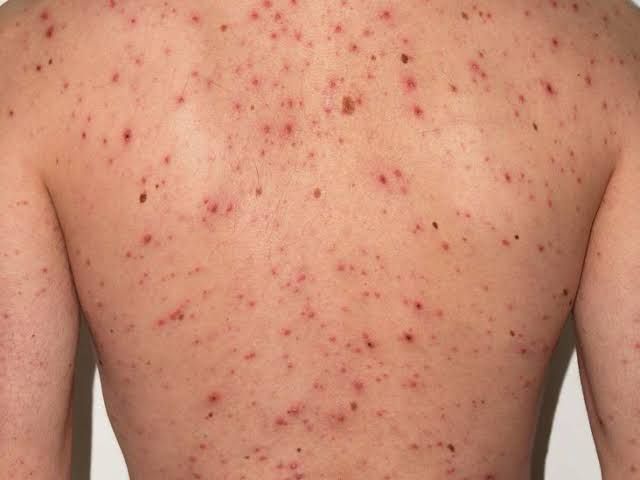
Foods to Eat for a Speedy Recovery
During chickenpox, it is essential to consume nutrient-rich, easy-to-digest foods that support immunity, reduce inflammation, and promote skin healing.
Hydrating Foods
Chickenpox often causes fever and dehydration, making hydration essential.
Include:
- Water – Keeps the body hydrated and flushes out toxins
- Coconut water – Rich in electrolytes to prevent dehydration
- Herbal teas – Chamomile or ginger tea soothes the throat and boosts immunity
- Soups and broths – Nourishing and easy to digest
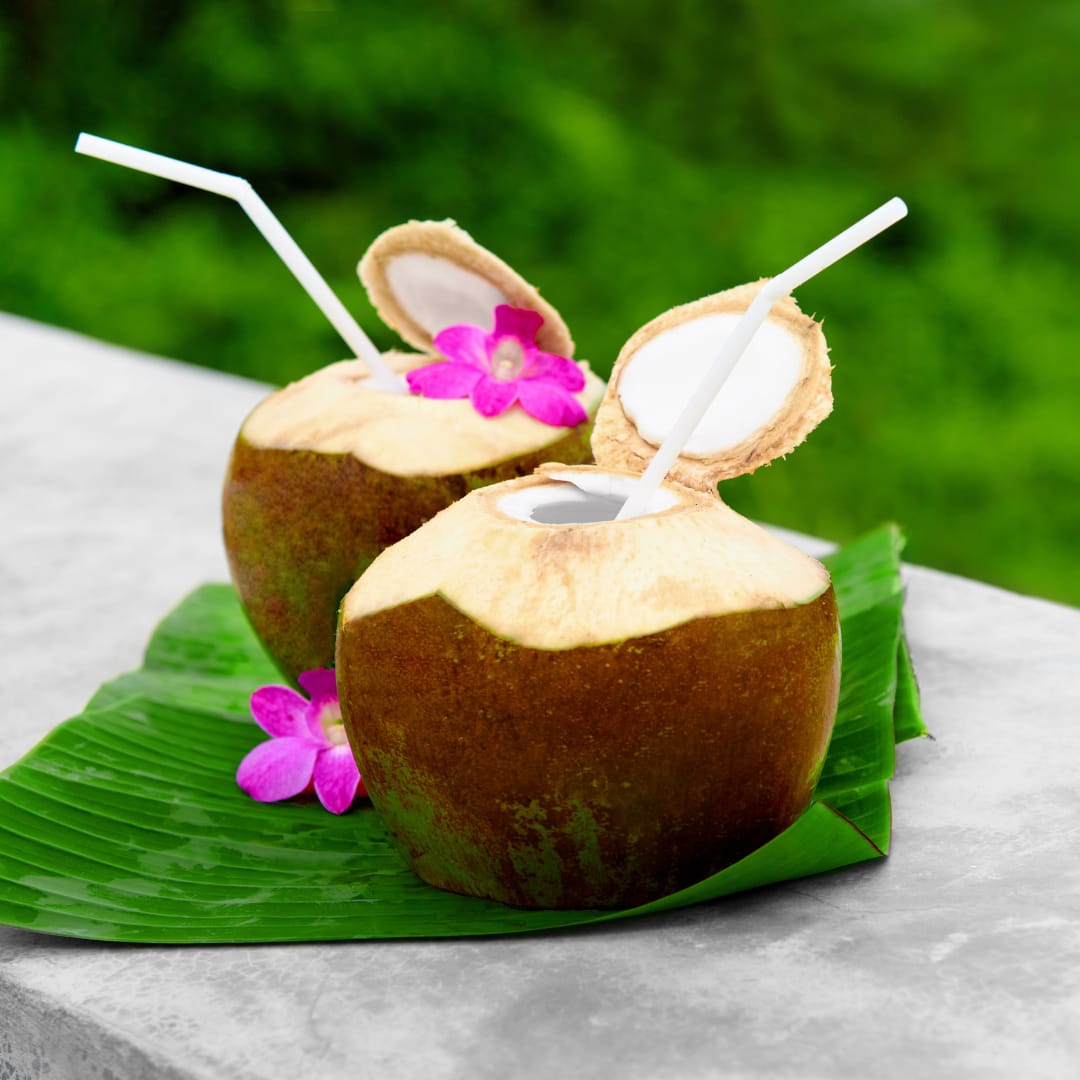
Soft and Easily Digestible Foods
Chickenpox can cause mouth sores, making eating uncomfortable. Choose soft foods like:
- Khichdi – A nutritious and easily digestible option
- Curd rice – Soothes the stomach and provides probiotics
- Oatmeal – Gentle on the stomach and high in fiber
- Mashed potatoes and boiled vegetables – Provide energy and vitamins
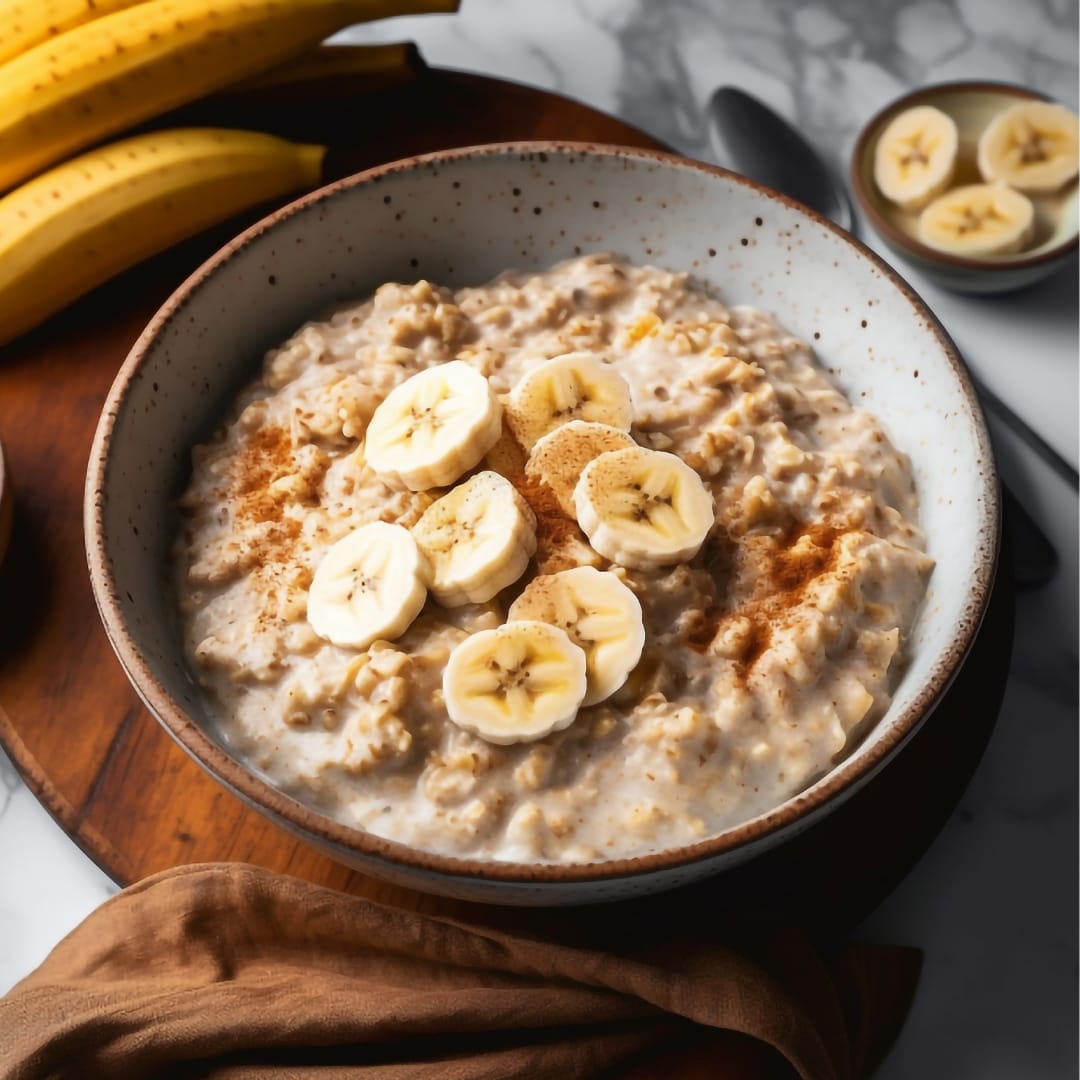
Immune-Boosting Foods
Strengthening the immune system helps fight the virus. Include:
- Vitamin C-rich fruits – Oranges, papaya, kiwi, and strawberries help in healing
- Leafy greens – Spinach, fenugreek, and kale provide essential nutrients
- Garlic and ginger – Have antiviral and anti-inflammatory properties
- Turmeric milk – A natural remedy for inflammation and immunity
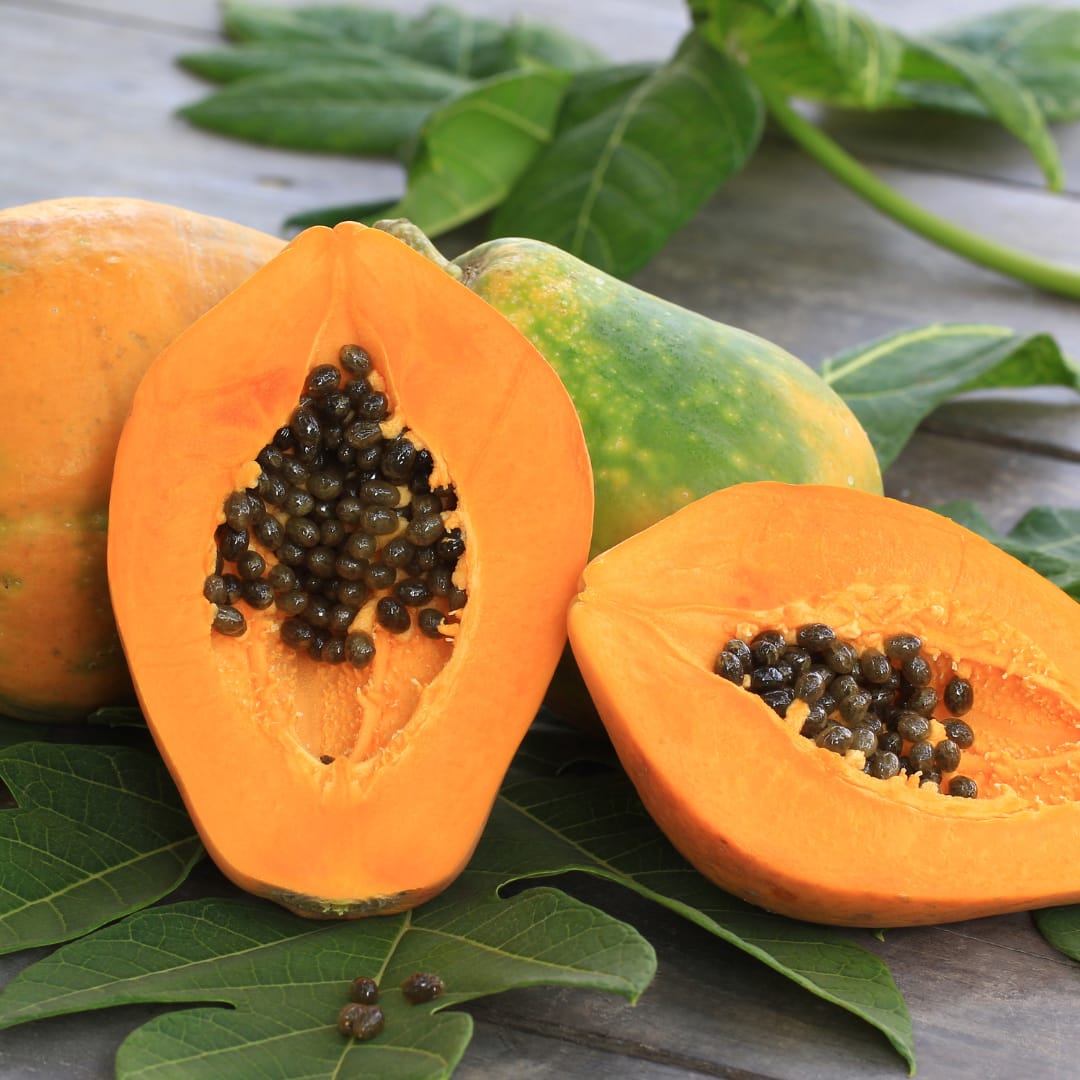
Protein-Rich Foods
Protein aids in tissue repair and recovery. Good sources include:
- Daal (lentils) – Easy to digest and packed with protein
- Paneer and tofu – Vegetarian protein sources
- Eggs and chicken (if tolerated) – Lean proteins for strength
- Nuts and seeds – Almonds, walnuts, and flaxseeds boost healing
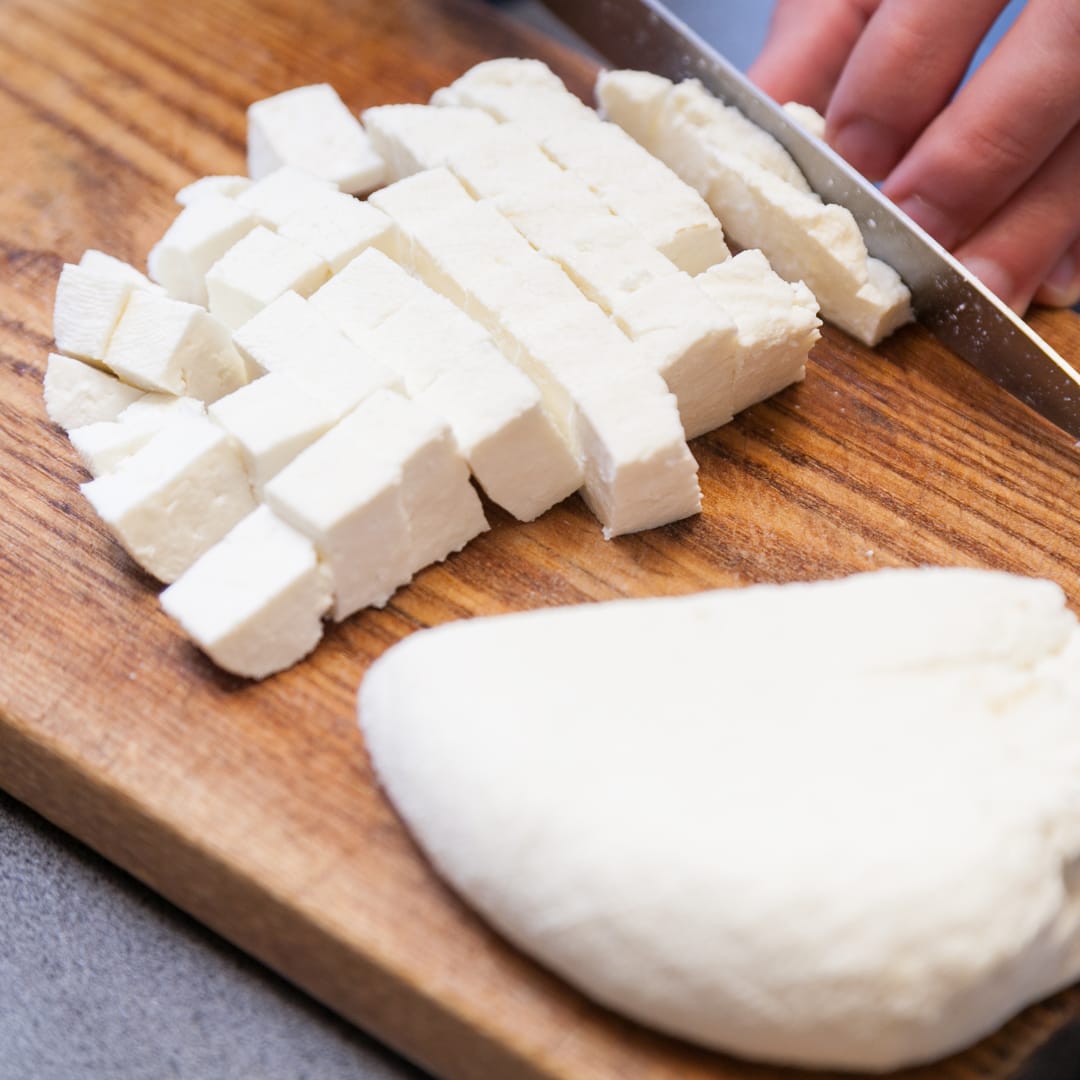
Zinc and Antioxidant-Rich Foods
Zinc speeds up wound healing, while antioxidants fight inflammation. Eat:
- Pumpkin seeds and sunflower seeds
- Whole grains like brown rice and oats
- Berries (blueberries, raspberries, blackberries)
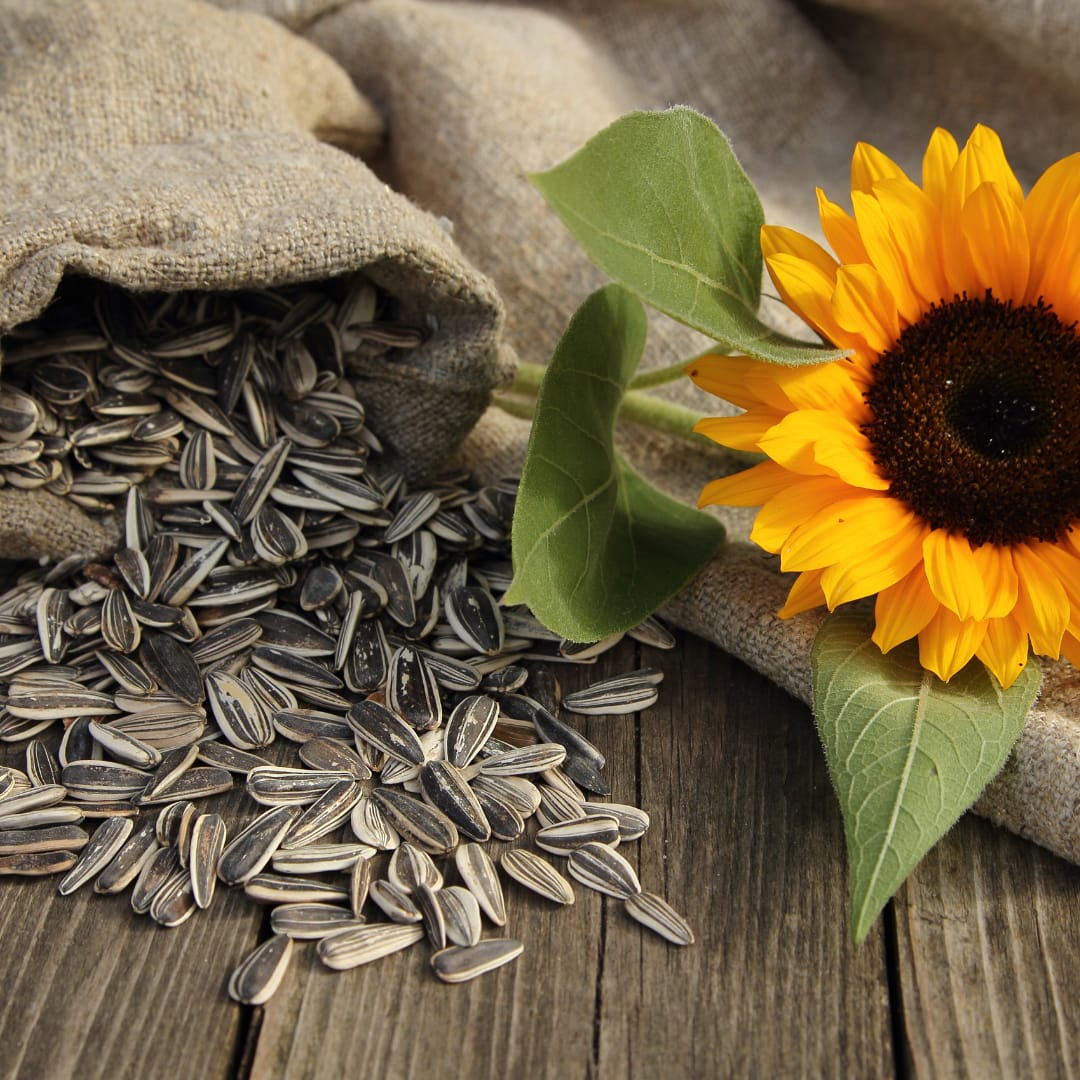
Foods to Avoid
Certain foods can worsen symptoms or slow healing:
- Spicy and fried foods – Can irritate mouth sores
- Sugary foods and processed snacks – Weaken immunity and delay recovery
- Citrus fruits (if mouth sores are present) – May cause irritation
- Caffeinated beverages – Can cause dehydration
Conclusion
A nutritious diet plays a key role in recovering from chickenpox by boosting immunity, soothing symptoms, and promoting faster healing. Eating soft, hydrating, and nutrient-dense foods while avoiding irritants can make the recovery process more comfortable. Along with proper rest, hygiene, and medical guidance, a well-planned diet ensures a smooth and speedy recovery.
FAQ
1. Can I drink milk during chickenpox?
Yes, milk is safe to consume unless it causes discomfort. Adding turmeric to warm milk can help with inflammation.
2. Should I avoid eggs during chickenpox?
No, eggs are a good source of protein and essential nutrients that aid recovery. However, ensure they are well-cooked to avoid digestion issues.
3. Is banana good for chickenpox?
Yes, bananas are soft, easy to digest, and provide energy without irritating mouth sores.
4. How long should I follow a special diet for chickenpox?
Follow a soft and nutritious diet until symptoms subside and the blisters heal completely, usually within 7–14 days.
5. Should I avoid dairy products?
Dairy is generally fine unless it worsens mucus production. If you feel discomfort, opt for plant-based alternatives like almond or coconut milk.
6. Is it okay to eat chicken during chicken pox?
Yes, lean chicken is a good source of protein and can be included in soft, mild dishes like soups or boiled preparations.

Hi, I’m Dietician Dipanwita Saha, a clinical dietitian and the founder of Nutriworld, where I help individuals lead healthier lives through personalized diet consultations, practical health tips, and balanced meal plans. My expertise lies in creating effective dietary solutions for managing various health conditions and improving overall well-being.
I believe that good nutrition can transform your health — and I’m here to guide you through it. If you’ve been struggling with weight issues, chronic health conditions, or recovery diets, I am here to help.
I offer:
One-on-one diet consultation to meet your health goals.
Online nutrition courses where I teach you practical meal planning, healthy eating habits, and much more.
Check out my courses:
If you found this blog helpful, feel free to leave a comment or share it with someone who might benefit from it. I’d also love to hear your thoughts or answer any questions you have about diet and nutrition during recovery.
Stay healthy, stay nourished!

